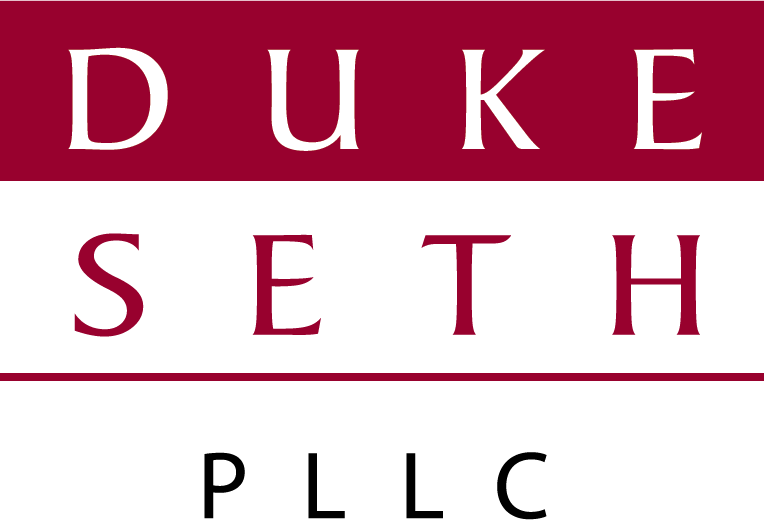Dallas Corporate Formation Attorneys
Forming a new business or making changes to an existing company can be a complex undertaking. Proper planning is critical to ensuring your business is set up to meet your goals and to minimize potential liabilities. Texas allows several different types of business entities, with different advantages for different types of company.
- Sole proprietorship: A sole proprietorship offers the greatest flexibility and fewest legal controls. It is run by a single individual. It does not need to be registered with Secretary of State and operations are conducted under an assumed name. However, it also offers the owner virtually no legal protection, and sole proprietors are personally liable for the debts of the business.
- General partnership: Two or more people or entities form a general partnership when they agree to come together to form a business. The partners share in the profits and losses and generally have equal right to make decisions regarding business operations. General partners are equally personally liable for business debts. General partnerships usually are formed by written partnership agreements. No formal filing with Secretary of State is required.
- Limited partnership: A limited partnership has at least one general partner and at least one limited partner. The general partners handle the daily operations of the business and management decisions, and they are personally liable for all business expenses. Limited partners typically only contribute capital to the business and do not make operational decisions. Limited partners are generally liable only to the extent that they invested in the partnership. These entities must register with the Secretary of State.
- Limited Liability Partnership: This partnership is similar to a general partnership, but each partner is shielded from liability for the other partner’s negligence. LLPs must register with the Secretary of State and must have an abbreviation of LLP or Limited Liability Partnership in its name.
- Limited Liability Company: A limited liability company is formed by several individuals or entities coming together to form a business. Owners of an LLC are usually called members, and they are typically governed by an operating agreement that details management of the business, allocation of profits and losses and assignability of interests. LLCs must register with the Secretary of State.
- Corporation: A corporation is a legal entity, separate from those who formed it, that is formed to conduct business. Those who form the corporation are not personally liable for the corporation’s debts, but it can also require more administration. Corporations must register with the Secretary of State.
- Professional Entities: Professionals like attorneys, architects, doctors, and accountants, can also choose a type of entity which best suits their professional requirements. Texas law provides for the types of entities for such professions, including:
- Professional Limited Liability Company
- Professional Limited Liability Corporation
- Professional Corporation
- Professional Association
At Duke Seth, our corporate formation attorneys are experienced in advising business owners on corporate issues:
- Corporate formation, including choice of entity (corporations, limited liability partnerships, joint ventures, limited liability companies, etc.)
- Drafting and filing articles of incorporation, certificates of formation, amendments, terminations and withdrawals, and general corporate formation documents
- Drafting partnership agreements, operating agreements, corporate bylaws, amendments, addendums, resolutions, members’ consent, etc.
- Drafting, reviewing, and revising sale and purchase of businesses or entity agreements and other transactional documents, including Sale and Purchase of Membership Agreement, Bills of Sale, Liens Affidavits, Members’ Minutes, Corporate Minutes, Amendment to the Bylaws or Company Agreements or Partnership Agreement, etc.
- Advising on corporate regulatory requirements
With years of experience and a focus on our clients’ goals and objectives, we are experienced at putting our clients in a position for success. To see if our corporate formation attorneys can help your business, please call us at (214) 965-8100 to schedule a consultation.
Request A Legal Consultation
What Our Clients Say
This by far the BEST law firm I have come across. Meenu is so helpful and friendly. They return phone calls and give you updates on your case. I absolutely this law firm.
This is the best lawyer I’ve found yet. He really does what he says. I’d say he is very aggressive towards the ins co. he and his, wife work very well together. They get you into it Drs and they pay for it. They also get your meds for you. They treat you like family. My case is out of state. And they are helping me and my father. Heck,… I can’t speak well enough about them. If you want a very good Attorney, then you better get this one and no, I was not paid are compensated to write this. I’m a real client. disabled,and when other lawyer s said nono or dropped my case duke said yes. There you go. Read more “”
I highly recommend Walker Duke
In March, 2014, I discovered Walker’s website and he quickly called me back for an initial consultation. My Marine son had been killed by two drunks in San Angelo, Texas. When it comes to wrongful death, there is the law, but there is also the grieving. Walker has a Christian education and not only did I receive the legal assistance that I needed, Walker had patience, compassion, wisdom and strength… that gave me the hand up when I needed it. I found myself crying often when I had to speak with Walker, and he patiently guided me, and it was especially difficult when I took the stand during the civil trial. Walker was a rock, calming and firm, and he said exactly what I needed hear. I felt comfortable enough to tell Walker my wishes, and when I was emotional at the civil trial, I knew I could count on his judgment if things got complicated. It’s a critical, critical point. You have to answer serious questions, you may have to make a statement in the newspaper, you have to behave properly. Walker made me proud, stands tall with confidence, and pulled me through a very traumatic time in my life. Our judgment was $5M. This is a good number. It represents how much I was able to take away from the killers of my son, who took my son. Read more “I highly recommend Walker Duke”
Choose your lawyer wisely! They’ll be in your life for awhile.
I instantly had a good vibe with Walker and felt like he understood. Looking back, I’m glad I went with someone I could easily talk to because accident cases are long. It took over 3 years from accident to settlement with a lot of time with seemingly nothing happening. The insurance companies are smart and hope you’ll give up. Having a good lawyer like Walker was critical.
“I worked with Attorney Meenu Seth, with regards to business formation and creating contracts for our business. Meenu was very helpful, as she patiently explained to me how to set up proper legal guardrails to protect myself and the business. She is very prompt and I never had to wait for an answer. I would gladly recommend her to anyone who is looking for business related legal advice. Thank you,… Santhosh D.” Read more “”
To Gagandeep K. Seth (Meenu Seth)
I would like to tell you the professional job you did on my case was professional and exceptional. The kindness ou showed me will never be forgotten. You took my cans and ran with it. I really appreciate it and will use you everytime I need a lawyer. Y made sure my health was number one and my expenses were taken care of.… Thank you so much for what you did for me and I will recommend you to everyone.
Thank you again! – Diane Beeson Read more “”
Attorney Meenu Seth has been working with us for over 5 years and it has been a very symbiotic relationship. Her handling of immigration cases has been exceptional, helping us navigate through the complex world of visas. She has been meticulous and prompt with her communication both with us and USCIS. We continue to rely on her advice for immigration matters. We strongly recommend her and her team. – Swift… Pace Solutions | Agneto Read more “”
EXCEPTIONAL SERVICE AND MEENU IS VERY KNOWLEDGEABLE ATTORNEY
We have been working with Meenu for longer than 5 years. Our experience with her has been absolutely exceptional. We’ve worked with her on many issues, including real estate problems, company contracts, partnership agreements, commercial leases, and more. I find her immensely knowledgeable in such matters. I’ve recommended her to many of my colleagues. – Sanjay Joshi
VERY RESPONSIVE AND EDUCATED ME THROUGH OUT THE PROCESS
I was referred to DukeSeth by a family friend after I was rear-ended by another driver. This family friend spoke highly of DukeSeth’s legal practice and I was not disappointed
I had the pleasure of working with Meenu. She was always responsive whenever I had any questions. She guided me through the entire process which took many months. Meenu always provided detailed information each step of the way as… well as my options while allowing me to choose which option I felt comfortable with.
I would highly recommend DukeSeth and especially Meenu. – Joezer Cookey-Gam Read more “VERY RESPONSIVE AND EDUCATED ME THROUGH OUT THE PROCESS”
“Recently I have worked with Meenu Seth and Maureen for a Personal injury case, they were very friendly to me and promptly responded to my emails and phone calls, ensuring that I was always well-informed about the progress of my case. Whenever we had any doubts Meenu has patiently explained us and guided us throughout the process. Working with Meenu was a positive experience and I highly recommend Meenu Seth… to anyone in need of legal representation.” – Nikhitha Jetling Read more “”

